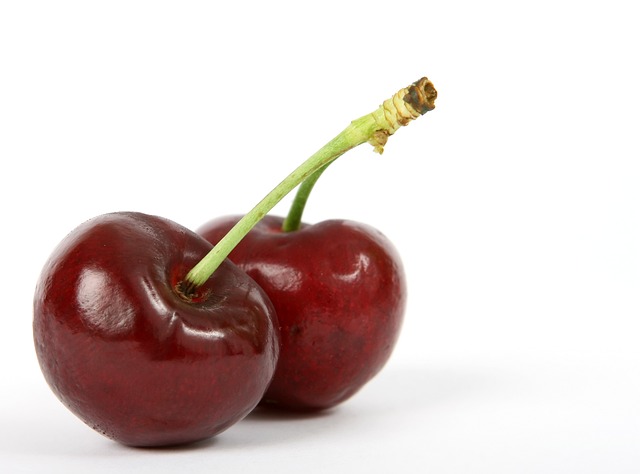Gut Check: A Spotlight on Probiotics for Digestive Balance and Harmony
The digestive system plays a crucial role in our overall health and well-being. Many of us have experienced digestive issues at some point in our lives, ranging from occasional bloating and discomfort to more chronic conditions such as irritable bowel syndrome (IBS) or inflammatory bowel disease (IBD). Maintaining a healthy gut is essential for optimal digestion, nutrient absorption, and a strong immune system. This is where probiotics come into the picture.
What Are Probiotics?
Probiotics are live microorganisms, often referred to as “friendly” bacteria, that can provide numerous health benefits when consumed in adequate amounts. These beneficial bacteria naturally reside in our gut and help maintain a delicate microbial balance in our digestive tract.
The Role of Probiotics in Digestive Health
Probiotics promote digestive health by:
- Restoring the natural balance of gut bacteria disrupted by factors such as poor diet, stress, illness, or the use of antibiotics.
- Enhancing the breakdown and absorption of nutrients, such as carbohydrates, proteins, and fats.
- Strengthening the intestinal barrier, reducing the risk of leaky gut syndrome and inflammation.
- Producing essential vitamins and beneficial compounds, including short-chain fatty acids, that nourish the cells lining the gut.
Types of Probiotics
There is a wide variety of probiotic strains, but the most common ones belong to the Lactobacillus and Bifidobacterium species. Each strain has unique characteristics and benefits:
Lactobacillus:
- Lactobacillus acidophilus: This strain is known to improve lactose intolerance, support nutrient absorption, and enhance immune function.
- Lactobacillus rhamnosus: It has been shown to reduce diarrhea, especially in infants, and may help alleviate symptoms of IBS.
- Lactobacillus casei: Known for its ability to support the natural defense mechanisms of the gut and promote regular bowel movements.
Bifidobacterium:
- Bifidobacterium bifidum: This strain helps to break down dietary fiber, produce vitamins, and maintain a healthy gut environment.
- Bifidobacterium longum: Known for its anti-inflammatory properties and ability to modulate the immune system.
- Bifidobacterium infantis: Highly beneficial for infants, as it aids in the digestion of breast milk and supports the development of a healthy gut microbiome.
Sources of Probiotics
Probiotics are found naturally in certain foods and can also be obtained through supplements. Some of the best natural sources include:
- Yogurt
- Kefir
- Sauerkraut
- Kimchi
- Miso
- Tempeh
Choosing the Right Probiotic Supplement
If you’re considering a probiotic supplement, here are a few factors to consider:
- Strain diversity: Look for a supplement that offers a variety of strains, as different strains have different benefits.
- Live cultures count: Check the number of live cultures provided per serving. Aim for supplements with a higher colony-forming unit (CFU) count for maximum effectiveness.
- Survivability: Ensure that the supplement has been tested for survivability through the digestive system and can reach the gut alive.
- Storage requirements: Some probiotics require refrigeration to maintain their potency, so be sure to follow the storage







